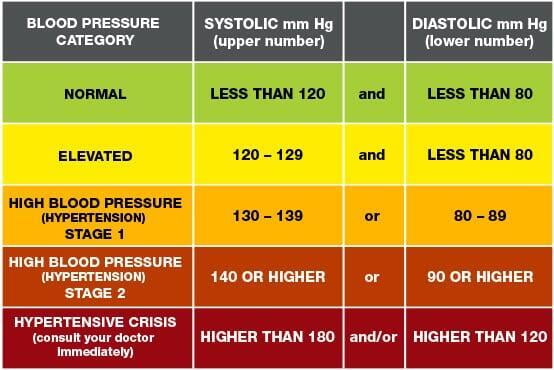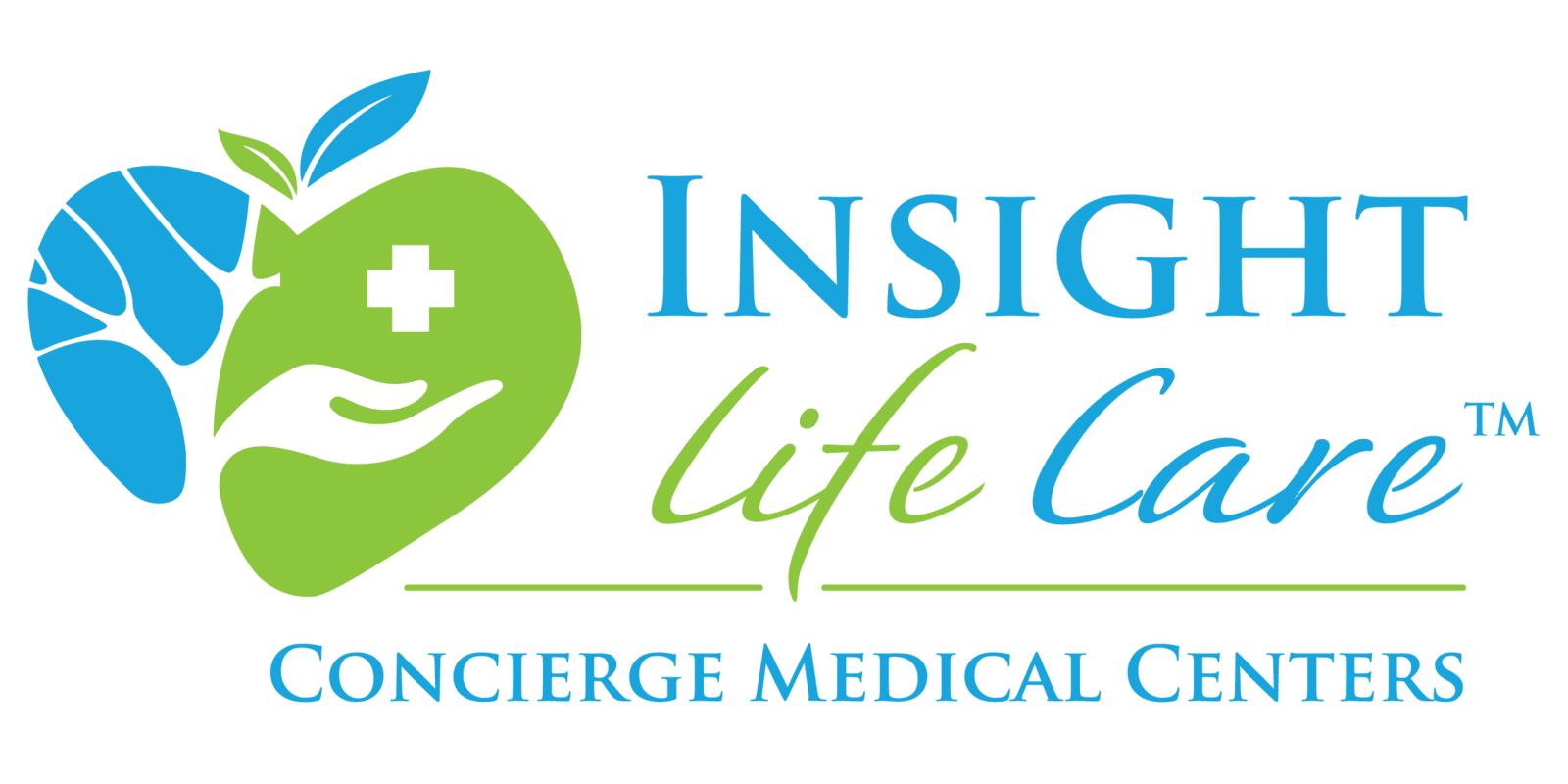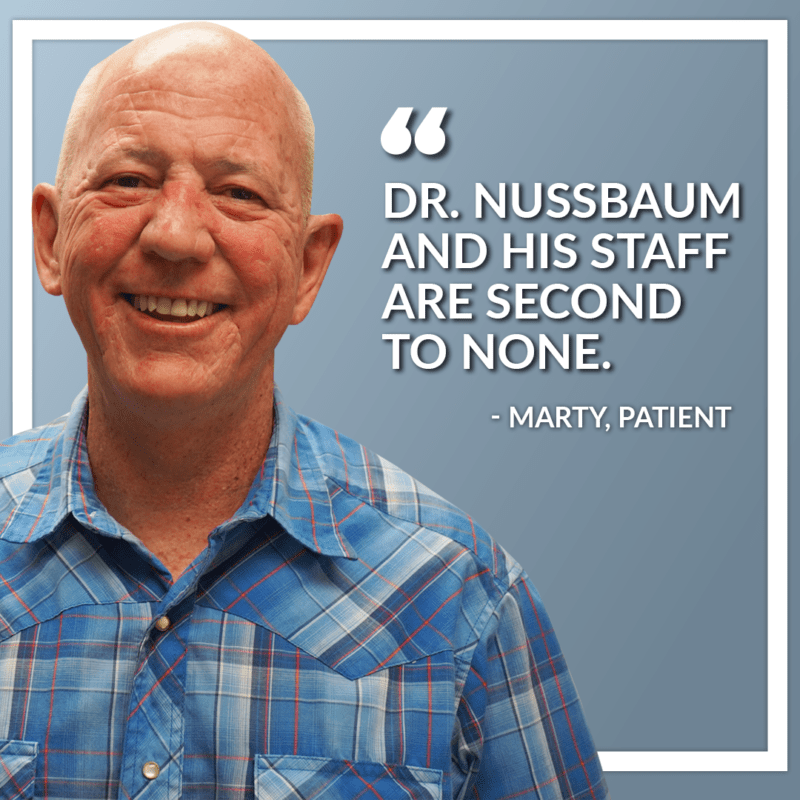Blood pressure is the force of blood pushing against blood vessel walls. In order to survive and function properly, our tissues and organs need the oxygenated blood that our circulatory system carries through the body. Not only does our blood deliver oxygen and nutrients, but it also picks up the toxic waste products of metabolism, such as the carbon dioxide we exhale with every breath, and the toxins we clear through our liver and kidneys. When the heart beats, it creates pressure that pushes blood through a network of tube-shaped blood vessels, which include arteries, veins, and capillaries. Blood pressure is the result of two forces: systolic pressure and diastolic pressure. Systolic pressure reflects the amount of pressure inside the arteries as the heart contracts and blood is pumped into the arteries. Diastolic pressure reflects the pressure inside the arteries during the resting phase between heartbeats. Blood pressure is measured in millimeters of mercury (mm Hg) and is written as two numbers, such as 112/78 mm Hg. The top number is systolic pressure, and the bottom number is diastolic pressure.
Normal blood pressure is below 120/80 mm Hg. If you are an adult and your systolic pressure is 120 to 129 and your diastolic pressure is less than 80, you have elevated blood pressure. If you have a systolic pressure of 130 or higher, and a diastolic pressure of 80 or higher, you have high blood pressure. High blood pressure typically has no signs or symptoms, it is only diagnosed through blood pressure readings. That’s why it is so dangerous, but luckily, it can be managed with lifestyle changes.

Nearly half of the American population over 20 has high blood pressure and many don’t even know it. For most adults, there is no identifiable cause of high blood pressure, and it tends to develop gradually over time. This is called primary (essential) hypertension. Some people, however, have what’s called secondary hypertension which is caused by an underlying condition such as obstructive sleep apnea, kidney disease, adrenal gland tumors, thyroid problems. Secondary hypertension tends to appear suddenly and causes higher blood pressure than primary hypertension.
Although there is no identifiable cause of primary hypertension, there are many risk factors, including:
- Being overweight or obese: The more you weigh, the more blood you need to supply oxygen and nutrients to your tissues. As the amount of blood flow through your vessels increases, so does the pressure on your artery walls.
- Not being physically active: People who are inactive tend to have higher heart rates. The higher your heart rate, the harder your heart must work with each contraction and the stronger the force on your arteries.
- Using tobacco: Using tobacco immediately raises your blood pressure temporarily, as well as damages the lining of your artery walls. This can cause your arteries to narrow and increase your risk of heart disease.
- Unhealthy eating habits: Too much sodium and not enough potassium in your diet can cause your body to retain fluid, which increases blood pressure.
- Age: The risk of high blood pressure increases as you age.
- Race: High blood pressure is particularly common among people of African heritage, often developing at an earlier age than it does other races.
- Family history: High blood pressure tends to run in families.
The excessive pressure on your artery walls caused by high blood pressure can damage your blood vessels as well as your organs. The higher your blood pressure and the longer it goes uncontrolled, the greater the damage. Uncontrolled high blood pressure can lead to complications including:
- Heart attack or stroke: High blood pressure can cause hardening and thickening of the arteries, which can lead to heart attack, stroke, or other complications.
- Aneurysm: Increased blood pressure can cause your blood vessels to weaken and bulge, forming an aneurysm which can be life threatening if it ruptures.
- Heart failure: To pump blood against the higher pressure in your vessels, the heart has to work harder. This causes the walls of the hearts pumping chamber to thicken. Eventually, the thickened muscle may have a hard time pumping enough blood to meet your body’s needs, which can lead to heart failure.
- Metabolic syndrome: This syndrome is a group of disorders of your body’s metabolism, including increased waist size, high triglycerides, decreased HDL (good) cholesterol, high blood pressure, and high insulin levels. These conditions make you more likely to develop diabetes, heart disease, and stroke.
- Trouble with memory or understanding: Uncontrolled blood pressure may also affect your ability to think, remember, and learn.
- Dementia: Narrowed or blocked arteries can limit blood flow to the brain, leading to vascular dementia.
So, what can we do to help keep our blood pressure healthy (below 120/80 mm Hg)? Well, basically the same things that we can do to stay healthy in most other aspects. Eat a healthy diet and exercise regularly in order to keep a healthy body weight. Cut down on processed and heavily salted foods. Increase the amount of vegetables, fruits, whole grains, legumes, and other whole foods in your diet. Moderate alcohol and tobacco use. Even if you already are experiencing high blood pressure, it’s not too late to make changes. Try going for a brisk walk every day and adding a couple extra vegetables to your meals. Small steps can create big change, and your health and longevity are worth it.
INSIGHT LIFE CARE
APPOINTMENTS
MEET DR. NUSSBAUM
Chris Nussbaum, MD, FHM founded Insight Life Care after 25 years of primary care and hospital practice in order to create an environment where patients are at the forefront of care. Click here to learn more »


